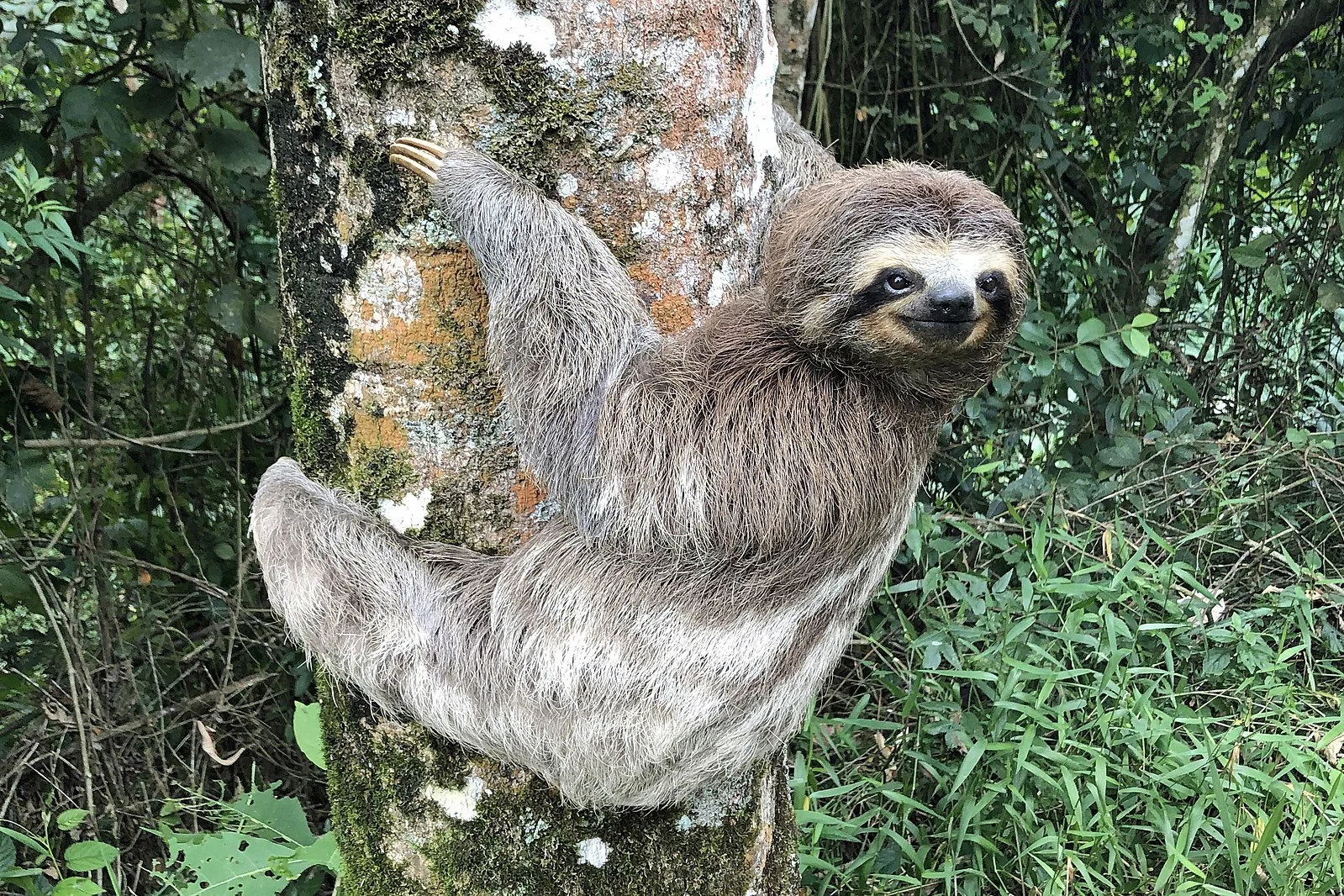Why do humans kiss each other?
The short answer
There are several theories to explain why humans kiss each other, including mate selection through scent and saliva analysis, arousal triggered by hormonal exchange, and bonding through the release of certain neurotransmitters.
The long answer
We all remember our first kiss – but what about humanity's first kiss?
Kissing (or as one researcher described it, "skin sucking behaviour") may have originated from a few places:
Mouth-to-mouth feeding: Some argue that the practice has roots in premastication, or the practice of primate mothers chewing food for their young and feeding them mouth-to-mouth.
Breastfeeding: Others say kissing comes from breastfeeding and how we begin to associate puckering up with safety and affection.
Sniff greetings: We also may have started kissing because we were already up in each others' faces: early humans may have recognized one other with a "sniff kiss." The earliest references to kissing came from India, where "sniff" and "kiss" shared the same word.
But what do we get from a kiss? It turns out, a whole lot.
Why do humans kiss each other?
There are three main scientific theories for why we engage in romantic kissing:
Reason #1: Mate selection
You get a lot of your kissing partner's saliva and scent when you lock lips. And it just so happens that these two substances carry a lot of biological data.
Saliva carries genetic information about a person's immune system that could allow a future mother to pick the most optimal mate.
Our saliva carries a profile of our human leukocyte antigen (HLA), which controls how our bodies recognize and respond to foreign substances. Theoretically, we are subconsciously attracted to partners with different HLA profiles, so that our offspring can have more immune system diversity.
Scent is also theorized to play a role in mate selection. Our odor carries a lot of data that we may be using subconsciously when choosing a mate, including information on their diet, presences of disease, genetic fitness, and even fertility.
For instance, our scent includes information about our major histocompatibility complex (MHC) genes which control the immune response. A 2000 study found that women prefer the scents of men whose MHC genes are different than their own, which would produce offspring with stronger immune systems. (Note: There are not yet many similar research studies done for same-sex couples.)
Reason #2: Sexual arousal
Kissing is also theorized to be an evolutionary behavior that gets us ready to mate and produce offspring. When we kiss, there's an exchange of hormones which plays a significant role in arousal. Saliva contains hormones like testosterone, which is commonly associated with sexual arousal and desire in both men and women. When partners kiss, this hormone is exchanged through saliva, which theoretically naturally increase the levels of arousal. However, there has not been a substantial amount of scientific evidence to support this theory.
Reason #3: Bonding
Kissing also triggers the release of several neurotransmitters that help us associate positive feelings with our partner. Here are key brain chemicals that get released when we kiss:
Dopamine, known as the "feel-good" neurotransmitter, plays a key role in feelings of pleasure and satisfaction.
Oxytocin, known as the "bonding hormone," fosters a sense of trust and closeness with others.
Serotonin, helps regulate our mood, anxiety, and happiness. Low levels of serotonin are associated with depression.
Regular kissing has also been shown to significantly increase relationship satisfaction. In a 2009 study, 26 couples were randomly assigned into control and experimental groups, with the experimental group told to increase the frequency of their kissing. After six weeks, the experimental group was found to have a statistically significant increase in self-reported relationship satisfaction, whereas the control group didn't experience this effect.
🧠 Bonus brain points
What are the health benefits of kissing?
If this article didn't already get you in the mood to pucker up, here's a list of the purported health benefits of kissing:
Boosts immunity: Kissing exposes you to new bacteria, potentially strengthening your immune system by enhancing your body's ability to respond to different microbes. Fun fact: When you stick your tongue into someone else's mouth for 10 seconds, you transmit about 80 million bacteria.
Improves dental health: Kissing increases the production of saliva which, in turn, helps clean the mouth and reduce plaque buildup.
Lowers blood pressure: Kissing can cause a decrease in blood pressure by dilating blood vessels and improving blood flow.
Lowers stress: Kissing has been shown to reduce cortisol levels, thereby decreasing stress.
Reduces pain: Kissing can elevate endorphin levels which helps to reduce the sensation of pain.
Reduces cholesterol: Increased kissing has been found to significantly decease total cholesterol.
Curious about how the world works?
Today You Should Know is a free, weekly email newsletter designed to help you learn something new every Friday.
Subscribe today 👇
Check out some other curious questions:
Sources
Albright College. (2008, September). The Psychology of Good Chemistry. The Albright Reporter. https://www.albright.edu/reporter/fall2008/psychology2.html
Berry, S. (2022, February 12). A form of exercise? The science of why we kiss. The Sydney Morning Herald. https://www.smh.com.au/lifestyle/health-and-wellness/a-form-of-exercise-the-science-of-why-we-kiss-20220210-p59vdw.html
Boren, J., Floyd, K., Hannawa, A., Hesse, C., & McEwan, B. (2009, April). Kissing in Marital and Cohabiting Relationships: Effects on Blood Lipids, Stress, and Relationship Satisfaction. Santa Clara University Scholar Commons. https://scholarcommons.scu.edu/cgi/viewcontent.cgi?article=1008&context=comm
De Vrieze, J. (2014, November 16). Kisses transfer 80 million bacteria. Science. https://www.science.org/content/article/kisses-transfer-80-million-bacteria
Demirjian, A. (2006). Kissing: Everything You Ever Wanted to Know about One of Life’s Sweetest Pleasures. Perigee.
Durham, T., Malloy, T., & Hodges, T. (1998, August). Halitosis: Knowing when “bad breath” signals systemic disease. Geriatrics. https://pubmed.ncbi.nlm.nih.gov/8339942/
Henton, L. (2020, February 11). Does ‘French Kissing’ Really Come From France? Texas A&M Today. https://today.tamu.edu/2020/02/11/does-french-kissing-really-come-from-france/
Jankowiak, W., Volsche, S., & Garcia, J. (2015, July 6). Is the Romantic–Sexual Kiss a Near Human Universal?. AntroSource. https://anthrosource.onlinelibrary.wiley.com/doi/abs/10.1111/aman.12286
Mirage News. (2023, June 9). Why Humans Kiss: The Science Behind Kissing. Mirage News. https://www.miragenews.com/why-humans-kiss-the-science-behind-kissing-1023119/
Nesmith, M. (2016, May 26). Swapping spit: what saliva can reveal about your romantic relationship. The Guardian. https://www.theguardian.com/lifeandstyle/2016/may/26/instant-chemistry-relationship-saliva-dna-test
Park, W. (2021, August 15). The reasons humans started kissing. BBC News. https://www.bbc.com/future/article/20210813-the-reasons-humans-started-kissing
Smith, J. A. (2016, February 11). The Subversive Power of the Kiss. Greater Good Science Center. https://greatergood.berkeley.edu/article/item/subversive_power_of_the_kiss
Walter, C. (2016, March 1). Why We Kiss. Scientific American. https://www.scientificamerican.com/article/why-we-kiss/
Wlodarski, R., & Dunbar, R. I. M. (2013, November). Examining the Possible Functions of Kissing in Romantic Relationships. U.S. National Library of Medicine. https://www.ncbi.nlm.nih.gov/pmc/articles/PMC4487821/
Wlodarski, R., & Dunbar, R. I. M. (2014, March 19). What’s in a Kiss? The Effect of Romantic Kissing on Mate Desirability. U.S. National Library of Medicine. https://www.ncbi.nlm.nih.gov/pmc/articles/PMC4487818/




It’s like an American accent but with calendars.